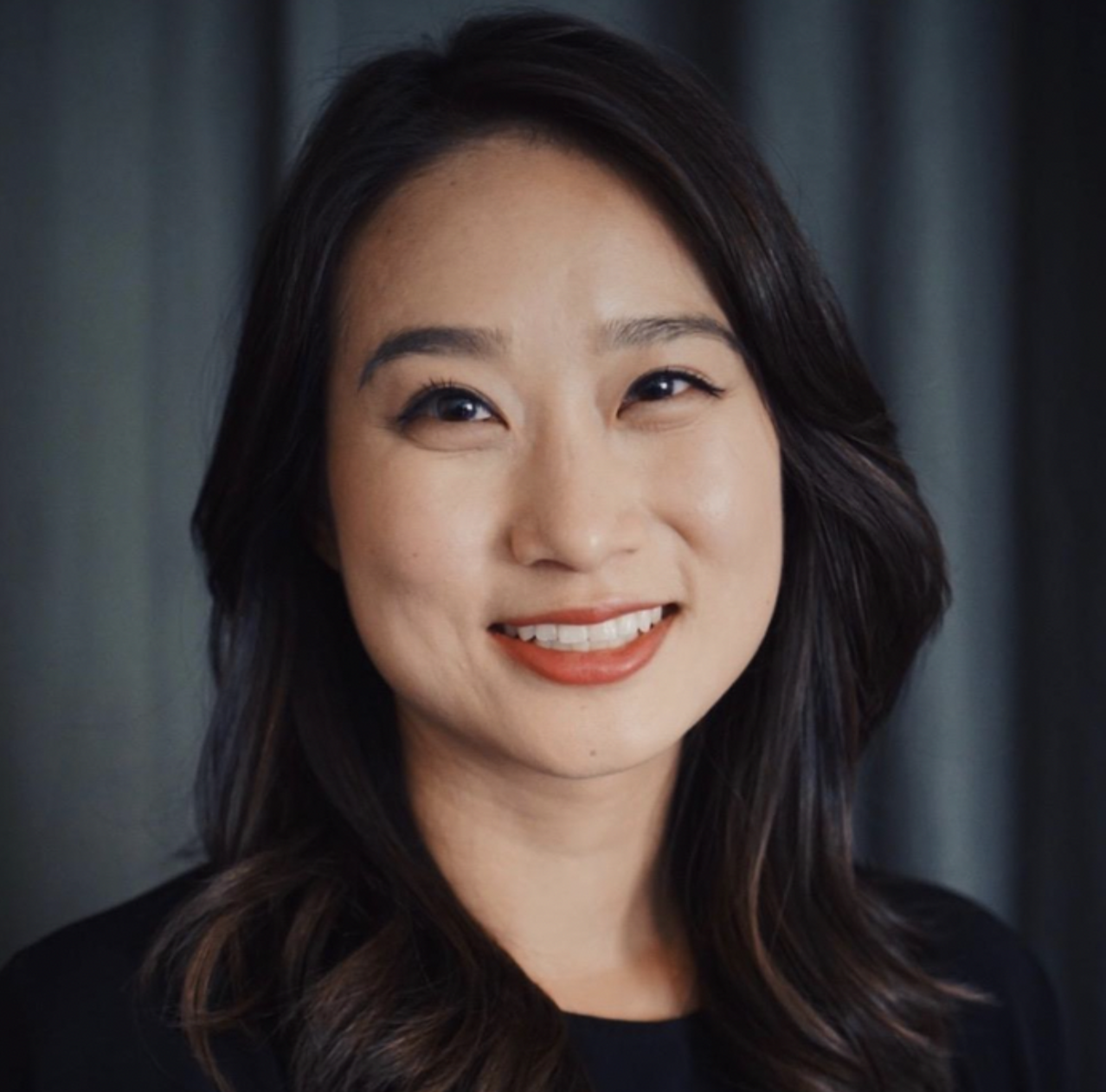Future restaurant owners will have to fill a handful of permits, and inspections, before their grand opening.
(Photography courtesy of bostonbuildingresrouces.com)
Yoshi, a new Boston resident, stood in awe in the middle of his empty, soon-to-be vibrant restaurant. He couldn’t believe that his dream of opening an authentic ramen restaurant was on its way to becoming a reality, but a few worries remained: he had spent months raising capital but realized he was going to spend time and money on lawyers to fill out the permits needed for the opening. His mentors warned him of stressful months ahead.
Small business owners are an important part of Boston’s economy, yet opening a new restaurant is perceived by many to be a hassle. Entrepreneurs have to accomplish a lot of varied tasks to open a restaurant, from finding a property to hiring workers to complying with health and safety regulations. The City of Boston’s Inspectional Services Department (ISD) serves as their counterpart inside the city, helping prospective owners understand their requirements to open a restaurant, and inspecting new restaurants before they open. ISD also regularly inspects existing restaurants.
Every Boston resident and visitor depends on ISD’s oversight when they eat in each of the 3,046 currently licensed restaurants in Boston. Normally, this service is invisible: we expect what we eat to be safe.
How can the City of Boston be a useful partner to restaurant owners while ensuring compliance with food safety regulations and improve residents' safety? How can ISD, in particular, better communicate requirements and expectations with restaurant owners to make their experience working with the City more predictable and minimize frustrations where possible? Those are the questions that we—a group of Harvard students working with the City of Boston—will attempt to answer this semester.
Understanding the new restaurant owner’s experience
In our early research, we uncovered negative comments of ISD’s customer process in different online forums such as Google’s review section. The reviews usually display frustration with the overwhelming number of touchpoints and the lack of empathy in its customer service. Many of the complaints sound reasonable enough: more consistency in the scheduling and more clarity in the instructions. From this perspective, the relationship between the city and restaurant owners needs mending.
A restaurant owner dissatisfied with the scheduling system and the complexity in navigating the process.
Our Team
Our team consists of five students from across Harvard’s graduate schools. We represent the schools of business, public policy, design, and engineering. Collectively, we bring experiences in government, private technology companies, data privacy, product management, software development, and user-experience design. As part of the Tech and Innovation field lab taught by Nick Sinai at Harvard Kennedy School, our team is spending a semester working with the City of Boston to research the experience of opening a new restaurant. Based on what we find, we will propose and test user-centered improvements to the experience, as well as develop strategic recommendations for the City of Boston.
Amy Villaseñor is a second-year student at Harvard Business School. Prior to business school, she spent four years working as a software engineer at Qualcomm Technologies. Outside of her everyday work, Amy is passionate about providing access to quality education in low-income communities. She is excited about working with a government partner in order to make a difference in the life of Boston’s business owners.
Emily Chi is a second year Master’s in Public Policy student at the Harvard Kennedy School. Previously, Emily worked in a Bay Area tech company on consumer privacy and data ethics policies. Last summer, she worked with local government offices in Toulouse to study the social impact of digital services and new tech products on rural communities. She is most interested in understanding how new technologies can be utilized to increase access, equity, and racial justice.
Gavin Jiao is a first-year student in Master’s in Design Engineering at Harvard University. He worked as program manager at frog design Shanghai studio, where he facilitated teams with backgrounds in design, business, and technology to deliver innovation projects. Gavin is excited about improving the inspectional service experience in Boston by bridging his experiences in human-centered design and program management.
Ian Cutler is a second year Master’s in Public Policy student at the Harvard Kennedy School. A Massachusetts native, Ian spent seven years in San Francisco working at Google, where he managed an innovation team focused on improving the performance of internal company services like HR and Security. Last summer, he worked on Governor Baker’s Strategic Innovation Team, where he led projects to automate manual processes and measure the impact of state benefit programs. Ian is excited to apply his process improvement experience to make municipal services easier for Boston residents to access.
Nicolas Diaz is a Master’s in Public Policy student at the Harvard Kennedy School. Prior to coming to the United States, he worked for the city government in his native Santiago, where he served as coordinator for institutional innovation and modernization. He is currently writing his thesis on building capacity in the public sector for transformative innovation. Nicolas is looking forward to seeing what happens when you combine a user-centered design to improve one of the core functions of municipal government.
Next Steps
Over the next couple of weeks our team will be interviewing restaurant owners from diverse backgrounds—including women, minorities, and first-time owners. We will ask them about their experiences and encourage them to share frustrating or positive interactions.
To get a first-hand perspective, we will shadow city officials inspecting a planned new restaurant. Our hope is that this research gives the City of Boston insight into how to maintain rigorous health standards while also empowering restaurant entrepreneurs.
—
If you have experience with opening a restaurant in Boston and are willing to share your experience, please email us at dpiteamisd@gmail.com.
Note: Names of the restaurant owners in this post have been changed or hidden to protect their privacy.
- Ian Cutler, Gavin Jiao, Amy Villasenor, Nicolas Diaz, Emily Chi







